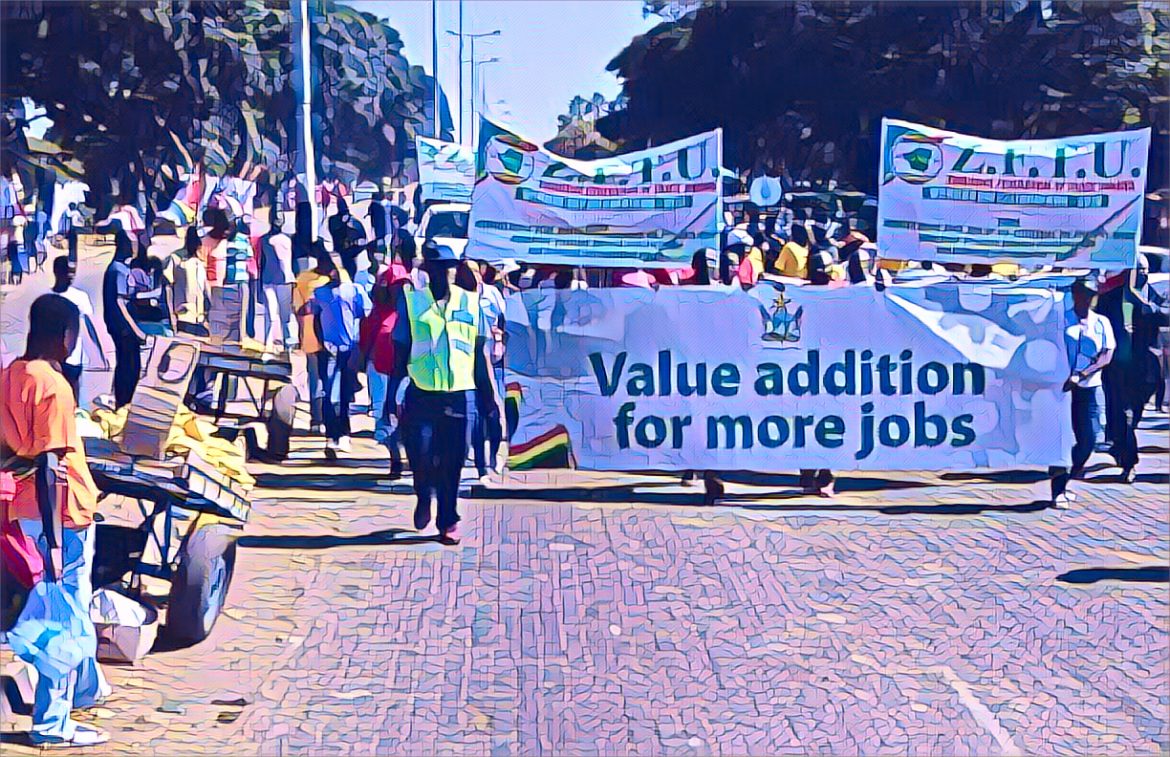Zimbabwean authorities are bracing for potential protests as disgruntled workers prepare to commemorate Labour Day on May 1st. The Zimbabwe Republic Police (ZRP) issued a statement warning against demonstrations, raising concerns about a clash between workers seeking better wages and a government facing economic turmoil.
Discontent Fuels Labour Day Preparations
This year’s Labour Day celebrations come amidst widespread discontent among Zimbabwean workers. Soaring inflation has significantly eroded salaries, leaving many struggling to afford necessities. Several government worker unions have threatened industrial strikes unless their demands for a living wage are met.
The Zimbabwe Congress of Trade Unions (ZCTU), a historically influential organization with ties to opposition politics, plans to hold a gathering at Gwanzura Stadium in Highfield. The ZRP’s statement emphasizes that these gatherings should remain peaceful and discourages any form of public processions or marches.
Balancing Worker Rights with Public Order
The ZRP’s warning highlights the delicate balance between ensuring worker rights to peaceful assembly and maintaining public order. The economic hardship has fueled frustration, and Labour Day could provide a platform for workers to voice their grievances. However, the government is likely keen to avoid large-scale demonstrations that could destabilize the country.
The exact nature of the ZCTU gathering and potential worker actions remain unclear. While the ZRP’s statement suggests a heavy police presence, it’s uncertain how authorities will respond if protests erupt. The situation underscores the ongoing economic challenges facing Zimbabwe and the simmering tensions between workers and the government.
International Spotlight on Zimbabwe
The international community will likely be monitoring the situation in Zimbabwe closely. Labour Day demonstrations have historically been a flashpoint for political dissent, and any major unrest could draw international condemnation. The upcoming events will be a test for both the Zimbabwean government and its ability to address worker grievances and maintain public order.
Source: New Zimbabwe


